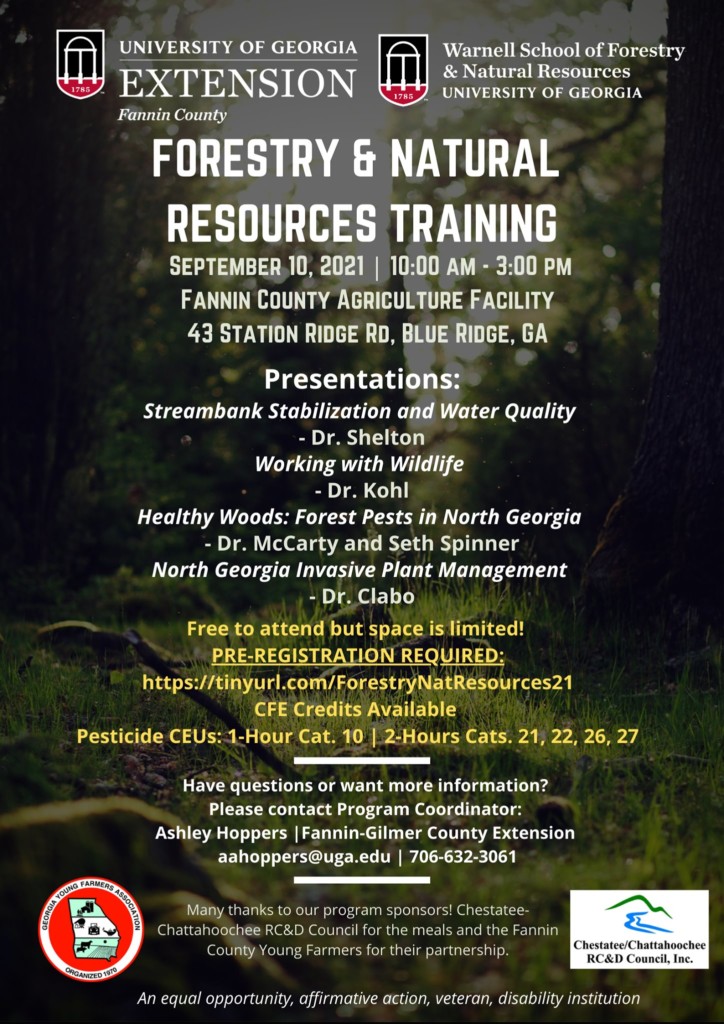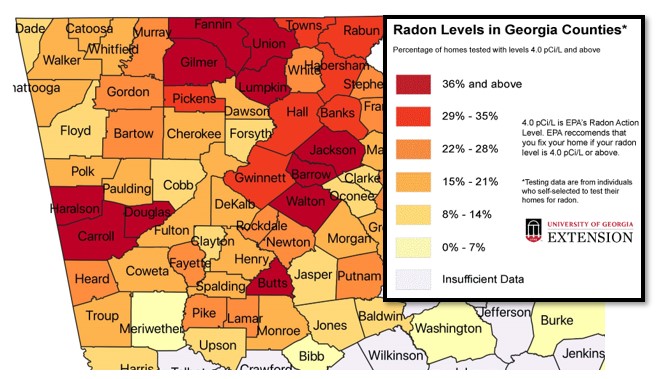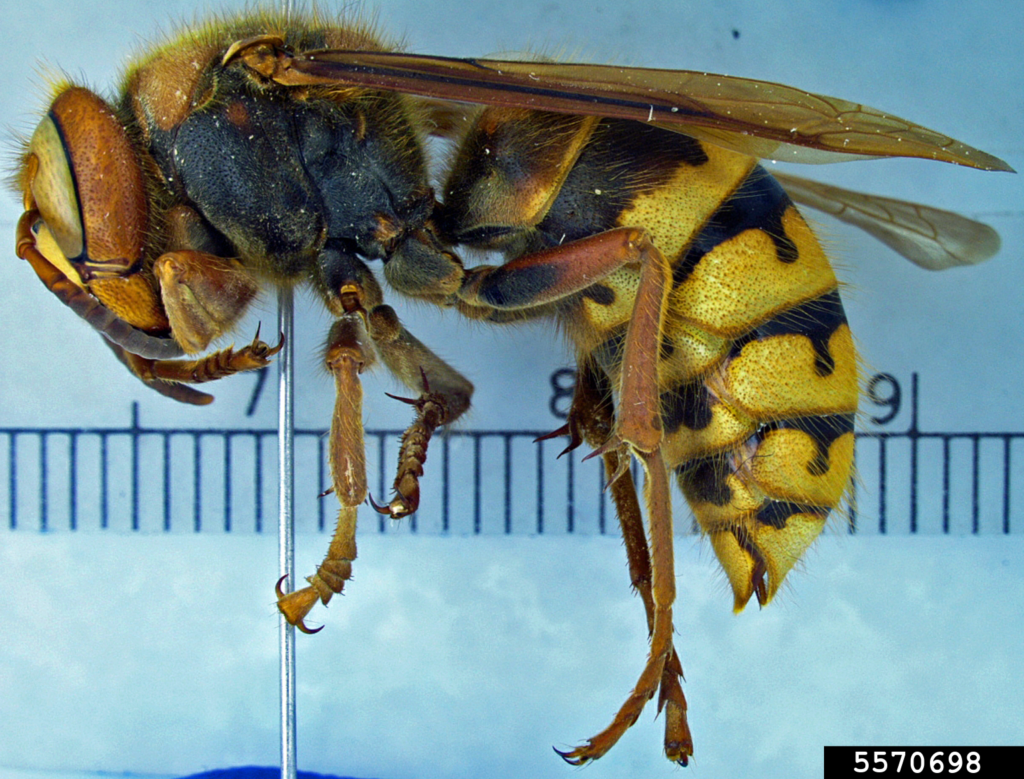Recent Posts
-

Over the past few weeks I’ve received numerous calls and emails from clients concerned over the welfare of their beloved hemlock trees. The trees of concern have all been described as having browning needles and dieback. Despite having been treated for the Hemlock Woolly Adelgid, these trees do not seem to be doing well. So,…
-

As summer wanes and autumn falls into the forefront we begin adjusting to the change in season. Pumpkin spice flavored coffees and treats abound, seasonal décor finds its way into our homes, and with the first hint of cooler weather we pull out our fall attire. One might even say that there is an instinctual…
Posted in: Insects -

Hurricane Ida brought devastating flood and storm damage to Louisiana, but neighboring states, including Georgia, also had their fair share of action from resulting severe weather. While I remind myself that “things could have been worse” we still have some storm damage in North Georgia, and I’ve already had several calls from concerned homeowners wondering…
Posted in: Trees -

Few pests elicit as much anxiety and frustration from pasture and hayfield owners than knowing fall armyworms (FAW) are on the march. These pests can quickly devour a field of fescue, pearl millet, forage mixes, and lawns, and then disappear, leaving little left for growers to salvage. As the name implies, this is a fall…
Posted in: Insects -

Calling all foresters, forest managers, arborists, private landowners, etc. This UGA Extension Forestry and Natural Resources training is free but space is limited and pre-registration is required!
-

In Fannin and Gilmer counties, 36% and above of homes test for elevated levels of radon. Radon is an odorless gas that seeps out of soil and rock and into the air. It is formed when uranium that is found in soil and rock, breaks down, emitting radon gas. While radon is not dangerous outdoors,…
Posted in: Uncategorized -

Over the past few weeks I’ve been contacted by several North Georgians who are concerned over some very large flying insects. They’re not bees and they’re not yellow jackets or paper wasps, so what are they? After reviewing pictures or a sample that a brave individual brought into my office, I was able to conclude…
-

Summer is in full swing in Appalachia, and with it comes an increase in traffic through our mountain towns. Whether your interest lies in a float down the river, whitewater rafting, kayaking, hiking into the backcountry, mountain biking, fishing, visiting our lovely orchards and vineyards, or enjoying a bite to eat and a stroll downtown…
Posted in: Wildlife -

With as much rain as we’ve been having, you can bet that mosquitoes are going to be multiplying at a much higher rate, as these insects are dependent upon the presence of water to complete their life cycle. Knowing the different stages of the mosquito’s life cycle will help you prevent mosquitoes around your home…
-

Ready, set, grow! Now that the gardening season is in full swing, I’ve been fielding numerous phone calls and emails from clients eager to make the most out of their summer gardens. For those of you who may not have a green thumb, you can enjoy the fresh tastes of summer by patroning either the…
Posted in: Events